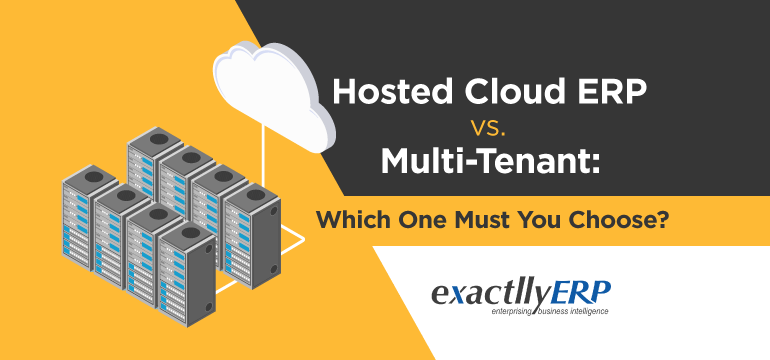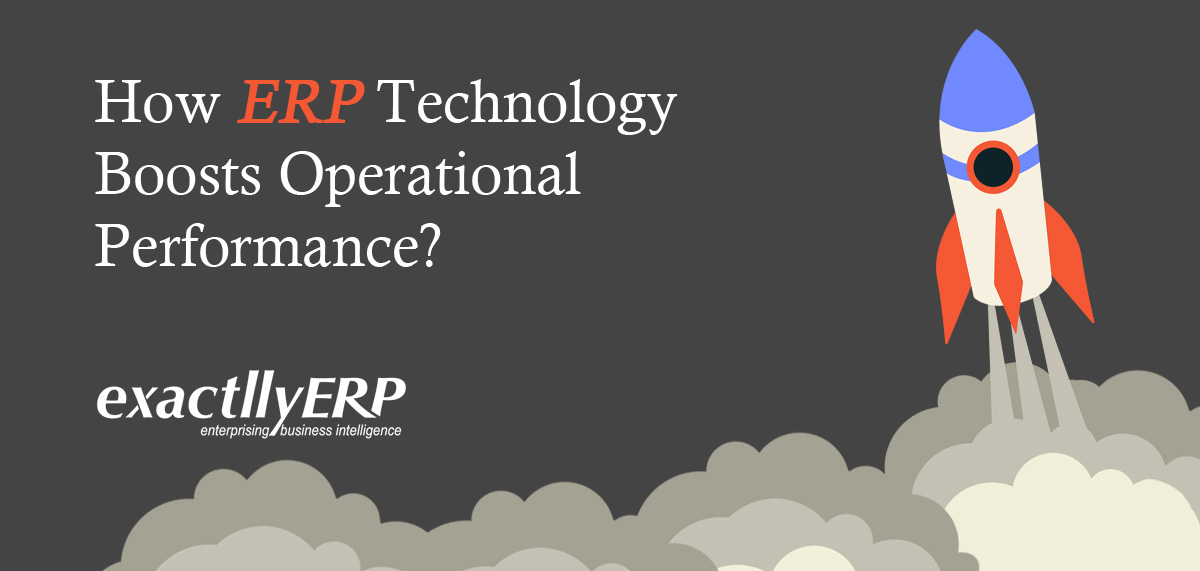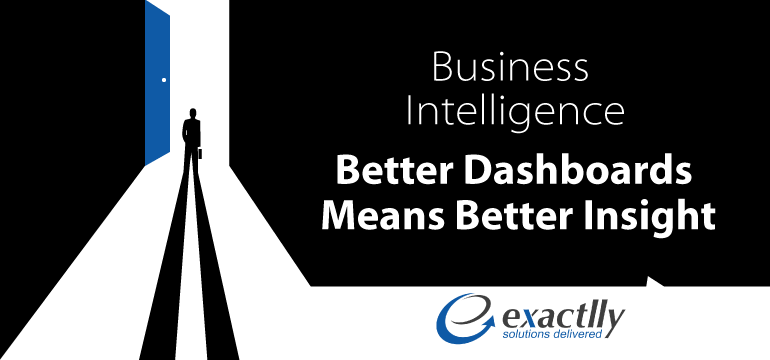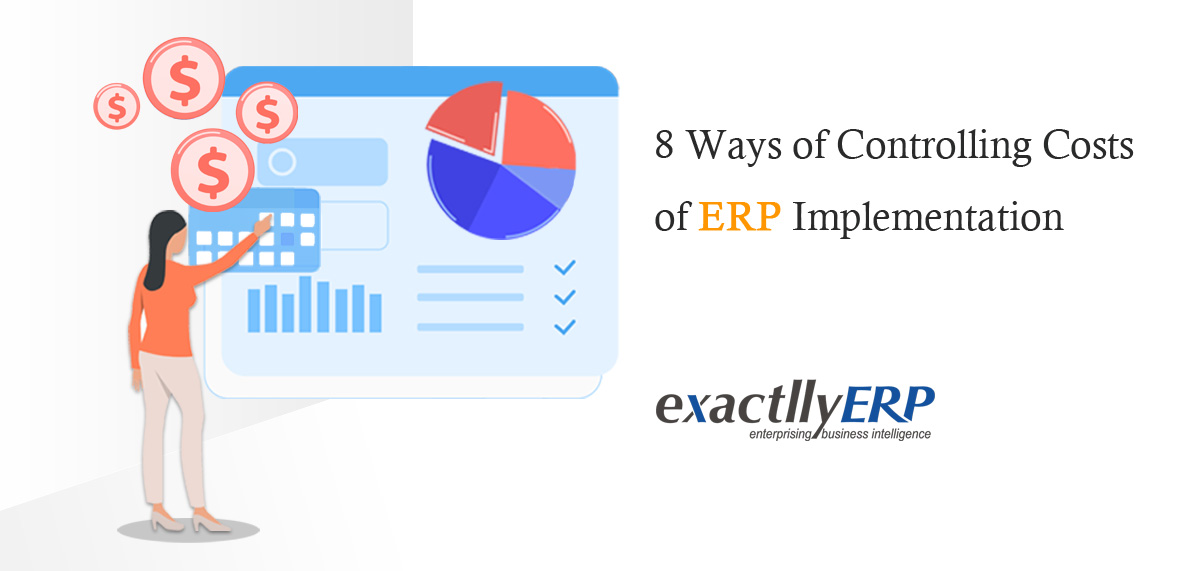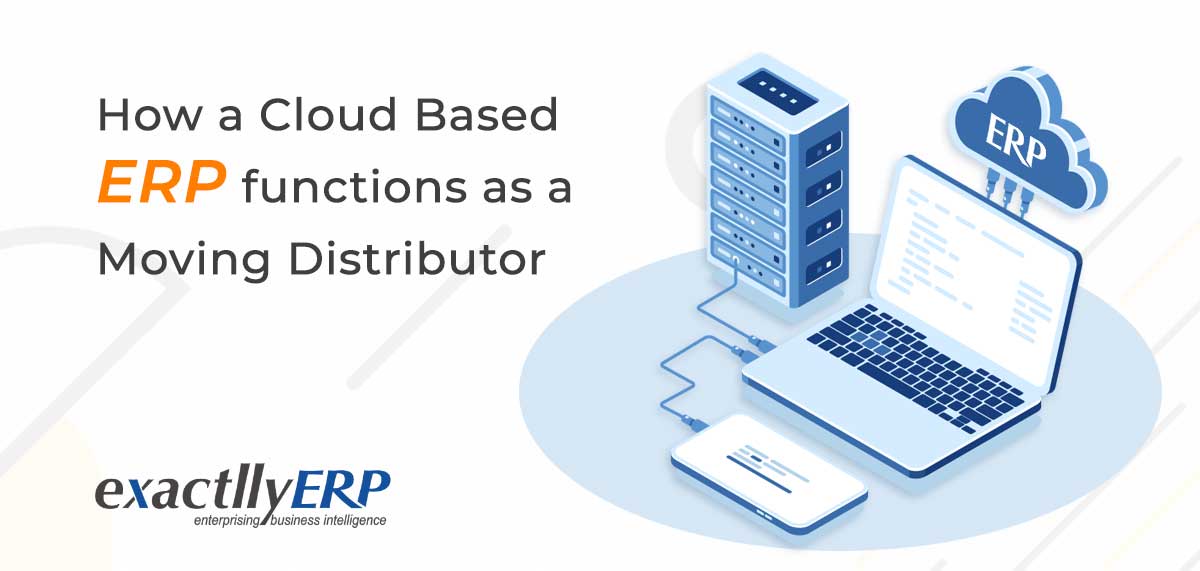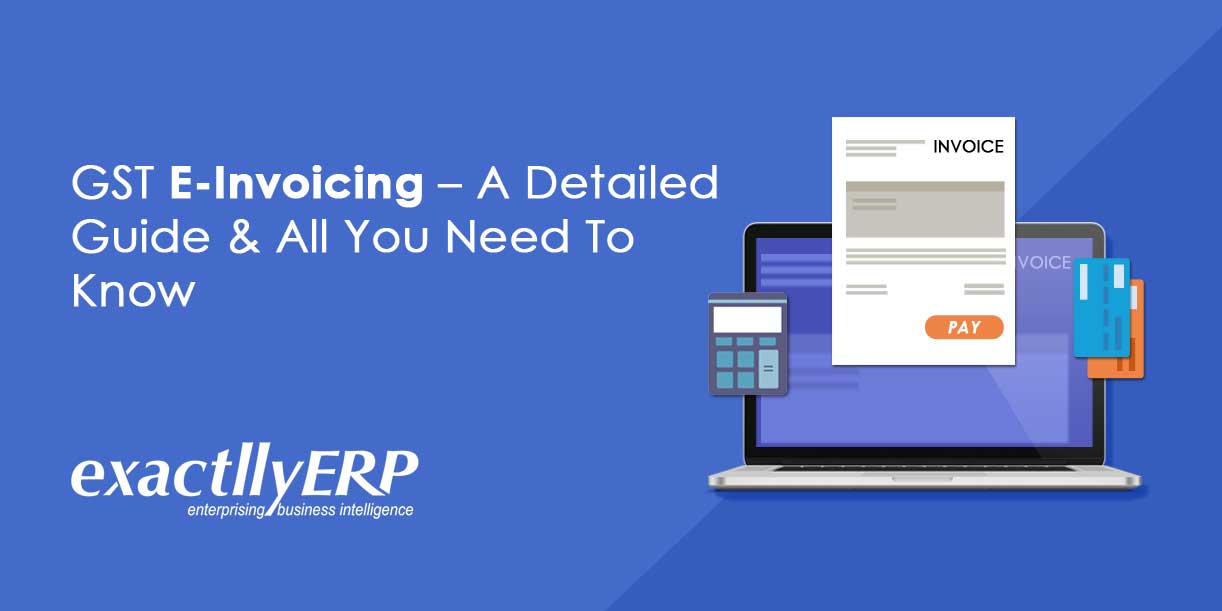What Are the Differences between ERP and CRM?
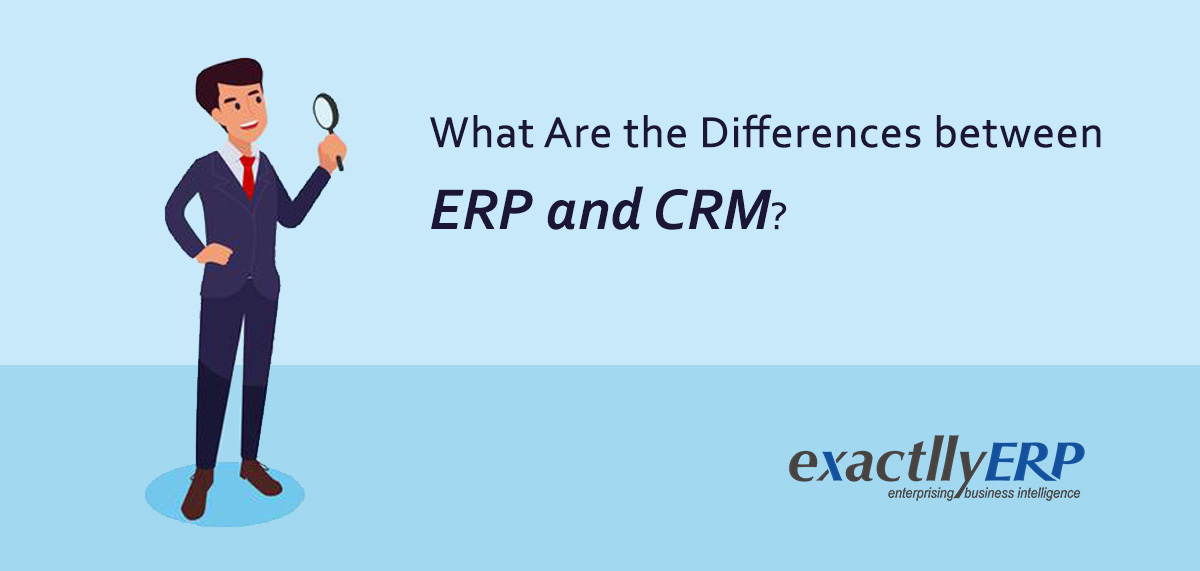
Differences between ERP and CRM
A lot of times, companies go through a dilemma concerning the adoption of automated business processes. They are often left in the lurch trying to understand the differences between various software programs and as they all overlap with each other, sometimes even buy the wrong software unknowingly. This is especially true of buying enterprise resource planning and customer relationship management software programs.
The relationship between a CRM and an ERP:
CRM can be one of the modules of an ERP but a CRM does not contain all the modules of an ERP. ERP is thus a more comprehensive software program that is considered full suite business software. Most of us already know this but when the time comes to choose between the two, we often get confused. It is also important to remember that both of them are surprisingly similar yet very distinctive in nature.
Understanding the differences between an ERP and a CRM will help you to choose the right software and if necessary, request additional customization. There is nothing worse than ending up buying and implementing the wrong software thinking that was the right one. In this article, let us take a look at some of the major differences between an ERP and a CRM.
In order to understand the differences between an ERP and a CRM, it is important to describe and define both of them.
What an Enterprise Resource Planning (ERP) System is:
-
An ERP or enterprise resource planning software is a business application that is designed to make an enterprise’s business processes more streamlined and effective. It brings efficiency and modernity into an organization by making many of the previously manual tasks, automated.
-
The key functions of a company, such as inventory and supply chain, warehouse, accounting and other modules are handled by an ERP. It also comes with marketing and human resource modules which help companies to run their day-to-day tasks better. What we need to remember is, an ERP handles an astoundingly large amount of data.
-
As all the data is available across all the departments, there is transparency and ease of data access. This leads to better integration of data and boosts productivity. Whenever there is a problem in any of the areas mentioned above, an ERP picks that up and alerts other departments so that necessary precautions can be taken. An ERP’s most important duty is to present companies with an accurate and clear picture of where they stand, across every department and module.
What a Customer Relationship Management (CRM) System is:
-
CRM or customer relationship management software helps companies to take care of lead generation, customer service and marketing. It helps companies to focus on their clients, consumers and customers. A CRM usually collects data about customers and analyses it to help companies to understand what kind of products and services they should offer and what their marketing strategy must be.
-
It helps companies to devise new strategies and contingency plans in order to arrive at intelligent solutions, using all the data about customers that are collected. A good CRM captures every interaction between customers and the company and also with leads, prospects and target audience.
-
When a CRM is properly managed, it can give valuable insights into how a company must run and what needs to be done in order to grow better relationships with customers. It also comes with customer support, invoicing, feedback and other modules that are typically associated with serving customers. CRM use is directly correlated with increased revenue and efficiency across the organization.
The differences between a CRM and an ERP:
|
What does an ERP do? |
What does a CRM do? |
|
An ERP is more like a back-office business program. It takes care of inventory management, purchasing, vendor integration, information technology, accounting and also, CRM, sales, customers and payroll. |
A CRM is more customer-oriented and is usually managed by the sales and marketing guys. CRM takes care of sales, marketing and customer support. |
|
An ERP manages information that is within a company. |
A CRM handles data that arise from actual business and interactions with clients |
|
An ERP is a full suite business software |
A CRM is specific and is only concerned with the customer side of the business. |
|
An ERP has a steeper learning curve but is more comprehensive in nature |
A CRM is simpler and has a shorter learning curve. However, it does not attend to other needs of a company. |
|
An ERP can have a CRM module along with various other modules. |
A CRM is just that. It does not have other modules that an ERP comes equipped with. |
Benefits of ERP and CRM:
A CRM makes sure that your company manages sales, marketing and also follows up on leads and calculates the analytics behind conversions. It can be very useful to streamline customer service and automate it as well. Sales processes are taken care of and all the sales collateral and data reports can easily be managed through the software. You can also begin to prioritize certain high-quality leads and manage your contacts. As it also contacts management software, it will help you to stay in touch with whoever you need to be in touch with.
An ERP on the other hand takes care of supply chain management and adds to the knowledge base with valuable reports and data collected from across departments. It helps you to automate almost everything that can be automated within an office and helps you to concentrate on your core business activities. It helps you to assess your business needs and carry out certain CRM and HRM activities as well. It gets rid of redundant tasks and automates everything that was unnecessarily manual prior to its implementation. Accounting and financial processes no longer have to be cumbersome.
Can’t we just integrate the two?
If circumstances demand, an ERP and a CRM can be integrated together to help facilitate automating business processes. However, each company has its needs and requirements. It is difficult to pass judgments about which software is better and if integration is a better idea. It could be any of the 3 options. If a company is looking for a wholesome business suite, then ERP is the answer. If a company is looking at software that can take care of its customer relations, then a CRM is more than enough. However, if a company wants to take care of its entire business suite yet give prominence to CRM, then an integration of ERP with CRM is in the order.
Consult the Specialists:
A consultation with ERP specialists is necessary to understand what you really need. If you are unable to decide for yourself what you need, do not hesitate to contact professionals who will be able to help you decide which business automation process you need. Another point to note is that of expenditure. Most ERP and CRM come loaded with modules, some of which may be unnecessary. In order to save costs and have a leaner system in place, you can choose just the modules that you need and help reduce costs. To know more about exactllyERP and exactllyCRM, feel free to Contact Us and get a Free Demo.

